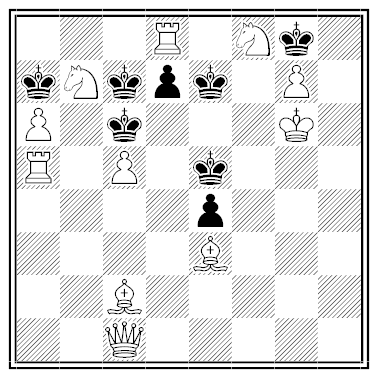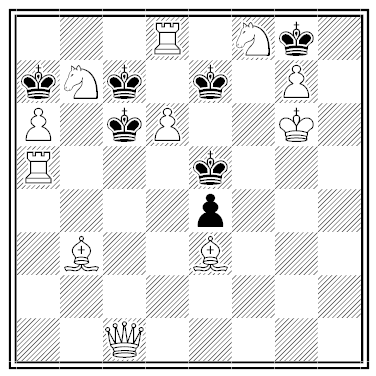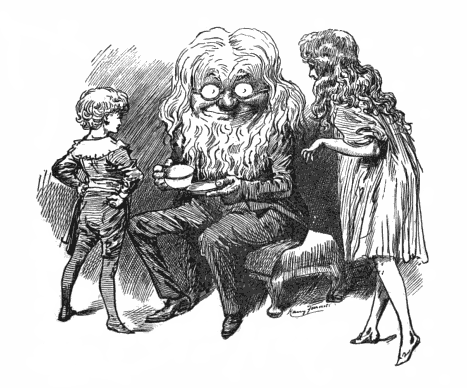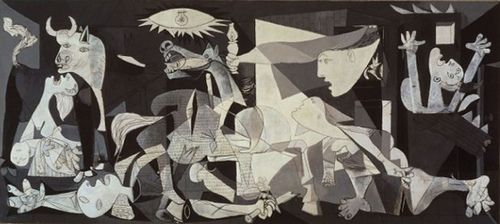In 1997, University of Edinburgh linguistics professor Geoffrey K. Pullum submitted the following letter to the Economist:
‘Connections needed’ (March 15) reports that Russia’s Transneft pipeline operator is not able to separate crude flows from different oil fields: ‘they all come out swirled into a single bland blend.’ This is quite true. And worse yet, the characterless, light-colored mix thus produced is concocted blindly, without quality oversight, surely a grave mistake. In fact, I do not recall ever encountering a blinder blander blonder blender blunder.
It “would have been a true first in natural language text,” Pullum wrote, “a grammatical and meaningful sequence of five consecutive words in a natural context that are differentiated from each other by just a single character.” Alas, the Economist chose not to print it.






